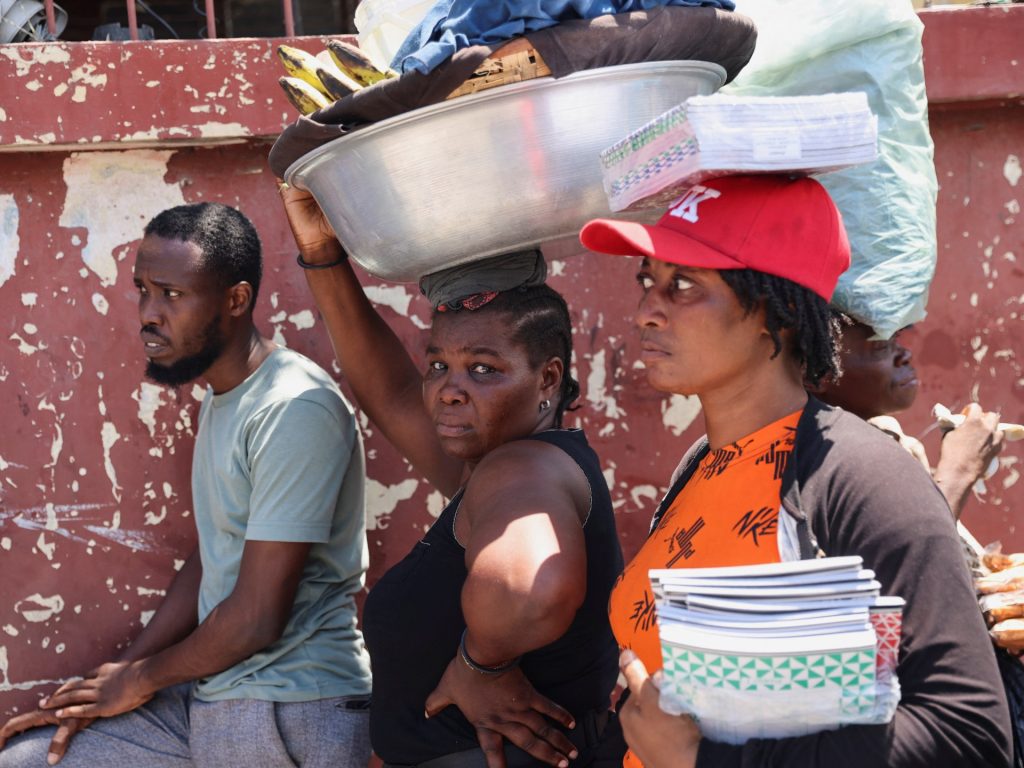Haiti’s political turmoil has prompted the government to establish a provisional electoral council tasked with preparing the country for its first general election since 2016. This council, consisting of members representing various sectors such as farmers, journalists, human rights activists, and the Vodou community, is responsible for creating a legal framework for elections and organizing the upcoming poll, scheduled to take place by 2026. The council was recently created with seven members, with two seats still vacant for delegates representing human rights groups and women’s rights organizations.
The current political crisis in Haiti stems from the power vacuum left after the assassination of President Jovenel Moise in 2021. Since then, armed gangs have gained control over a significant portion of the capital city, Port-au-Prince, and other parts of the country. The interim government, led by former Prime Minister Ariel Henry, dissolved a previous electoral council in 2021 and has been working to address the growing instability in the nation. In May, Garry Conille was appointed as prime minister as part of efforts to restore governance in Haiti.
In response to the deteriorating situation, countries like Kenya and Jamaica have deployed troops to Haiti as part of a United Nations-backed anti-gang offensive. The mission, aimed at addressing the escalating violence and insecurity in the country, is set to expire in October unless its mandate is renewed. There are discussions about potentially converting the mission into a formal UN peacekeeping operation to ensure continued funding and support for stability efforts in Haiti. The international community is closely monitoring the situation and exploring options to restore peace and security in the troubled nation.
The creation of the provisional electoral council signals a step towards a more stable political environment in Haiti and sets the stage for upcoming general elections. With the council responsible for establishing the legal framework and organizing the poll, there is hope that the electoral process will be transparent, inclusive, and credible. The inclusion of diverse representatives from various sectors in the council reflects an effort to ensure broad participation and representation in the electoral process.
As Haiti grapples with ongoing challenges, including the absence of a president and the influence of armed gangs, the establishment of the electoral council is a critical development in the country’s path towards stability and democratic governance. With the support of international partners and peacekeepers, Haiti is working towards addressing the root causes of its political crisis and creating a conducive environment for free and fair elections. The coming months will be crucial in determining the success of these efforts and the future trajectory of the nation.
In the midst of political strife and insecurity, the people of Haiti are looking to the provisional electoral council and international support to pave the way for a brighter future. With the upcoming elections and the potential transition to a formal UN peacekeeping operation, there is optimism that Haiti can overcome its current challenges and move towards a more stable and prosperous future. The efforts of the council, in collaboration with various stakeholders and the international community, will play a crucial role in shaping Haiti’s political landscape and ensuring a peaceful transition towards governance and stability.















